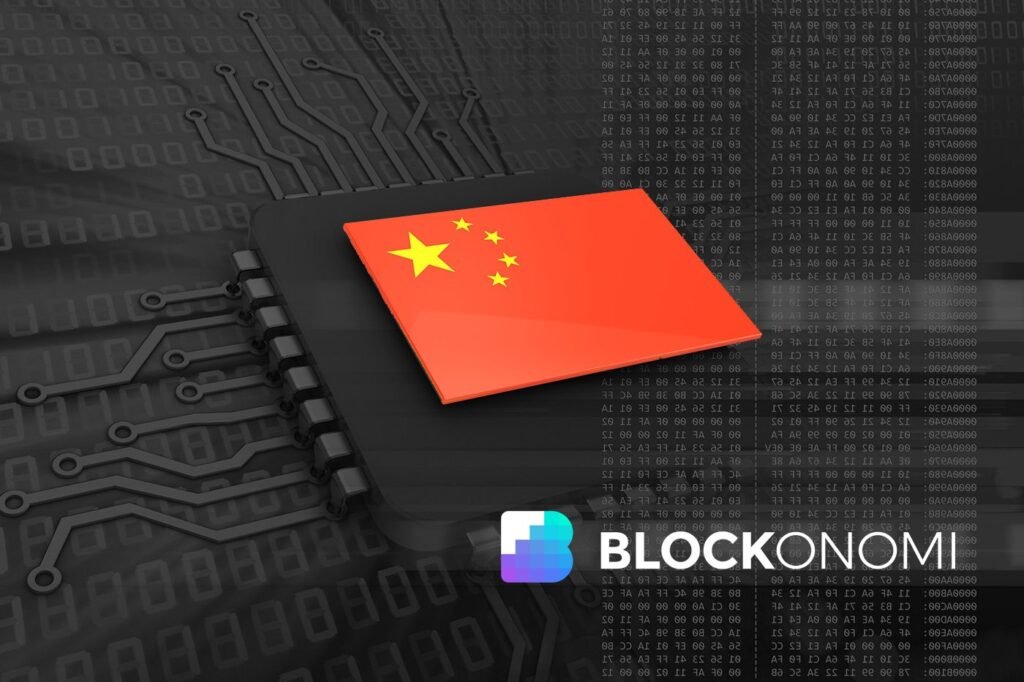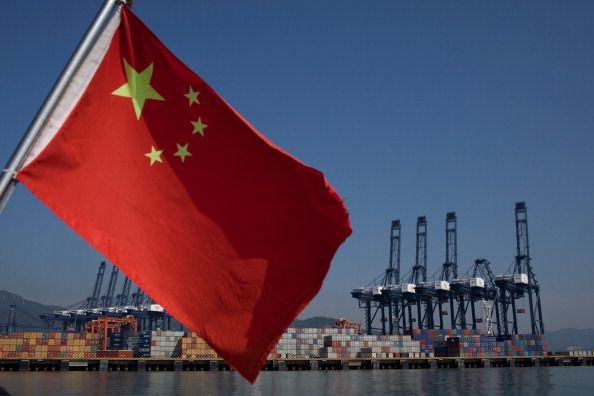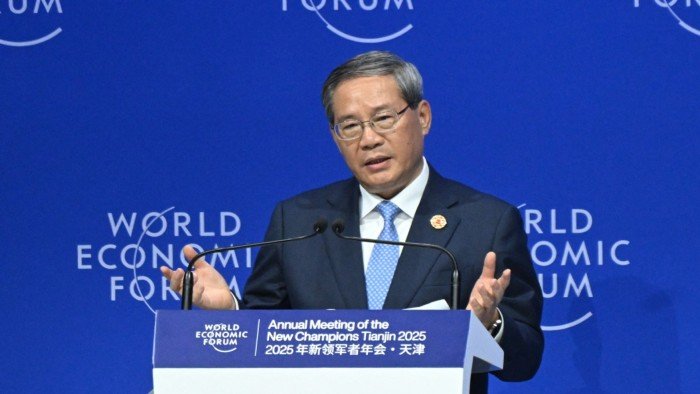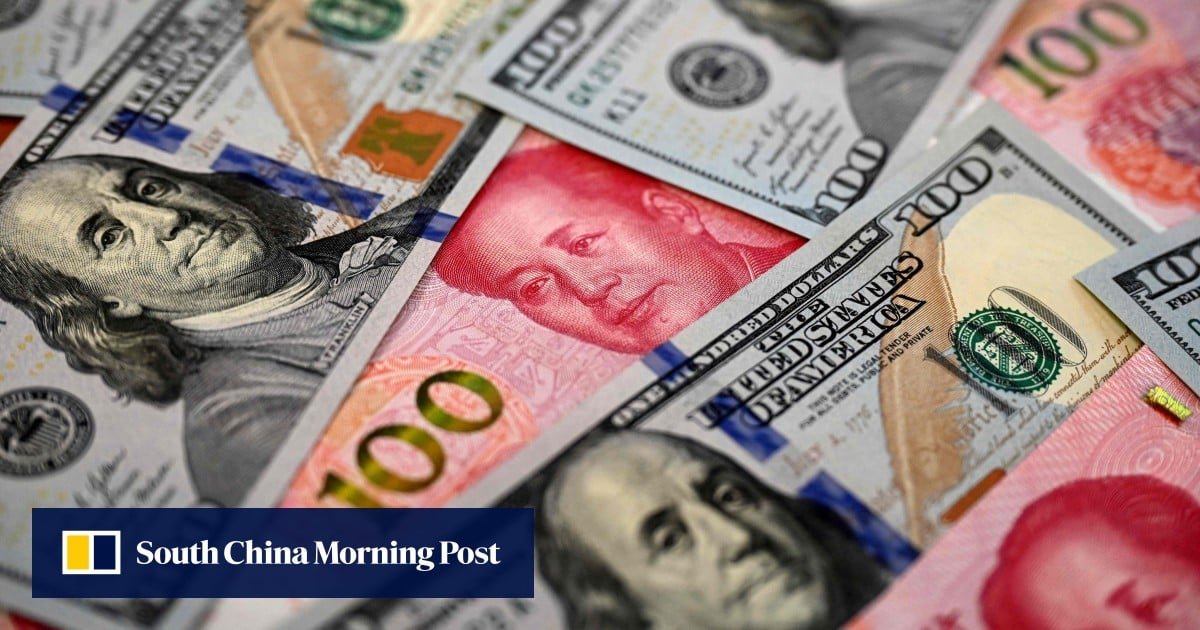TLDR
- Ant Group and JD.com paused stablecoin plans in Hong Kong after Chinese regulators instructed them to stop
- The People’s Bank of China raised concerns about private companies issuing currency
- Hong Kong passed a stablecoin licensing regime in May 2025 to regulate fiat-backed digital currencies
- Both tech companies had announced participation in Hong Kong’s pilot stablecoin program earlier in 2025
- The intervention shows Beijing’s priority of maintaining control over money creation despite Hong Kong’s financial innovation
Chinese tech companies Ant Group and JD.com have stopped their plans to launch stablecoins in Hong Kong. The halt came after regulators from mainland China told them not to proceed.
The People’s Bank of China and the Cyberspace Administration of China contacted executives at both companies. Officials expressed concerns about allowing private companies to issue any form of currency.
Hong Kong’s legislature approved a stablecoin bill in May 2025. The law created a licensing system for companies wanting to issue stablecoins backed by regular money. The Hong Kong Monetary Authority would oversee the licenses.
Ant Group announced in June it would join Hong Kong’s pilot stablecoin program. JD.com also said it planned to participate. Both companies are major players in China’s technology sector.
Stablecoin Licensing Requirements
The new Hong Kong rules require licenses for anyone issuing stablecoins in the city. The law also covers stablecoins backed by Hong Kong dollars, even if issued outside Hong Kong. Companies need approval from the Hong Kong Monetary Authority before launching.
Stablecoins are cryptocurrencies designed to maintain steady value. Most are pegged to regular currencies like the U.S. dollar. Crypto traders use them to move money between different digital tokens.
Ant Group is backed by Alibaba and runs popular payment services in China. JD.com operates one of China’s largest e-commerce platforms. Both companies saw stablecoins as a way to expand their payment systems.
Beijing’s Currency Control
The intervention shows Beijing’s stance on private digital money. Chinese officials want to prevent tech companies and financial firms from issuing currencies. The central bank is developing its own digital currency called the e-CNY.
The timing is important for Hong Kong’s financial sector. The city has been trying to become a hub for digital finance innovation. The stablecoin law was part of this strategy.
But the pause demonstrates that Hong Kong’s financial policies still require coordination with Beijing. The city can create regulatory frameworks, but mainland authorities influence their implementation.
Chinese regulators remember the crypto market volatility from 2021. That year saw wild price swings and concerns about money leaving the country. Officials worry that private digital currencies could weaken government control over the financial system.
Dollar-pegged stablecoins raise additional concerns for Chinese authorities. They could compete with the yuan in Asian markets. The central bank wants to maintain the currency’s position in the region.
Both Ant Group and JD.com have not commented publicly on the situation. The People’s Bank of China and Cyberspace Administration of China also declined to comment. The Hong Kong Monetary Authority said it does not respond to market rumors.
The companies are now looking at other options in digital finance. Industry sources say they may focus on tokenized assets and infrastructure projects. These areas align more closely with government priorities and face less regulatory resistance.








